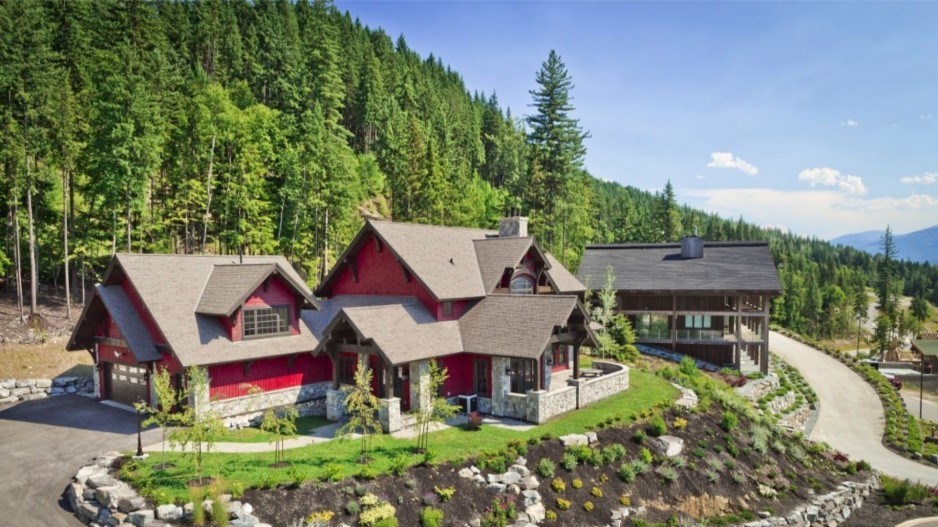Digital auctions have moved from farmland to industrial and even residential and recreational properties. The pandemic, experts say, has merely spurred what is becoming a powerful – and perhaps permanent – platform in the real estate market.
During the peak of the COVID-19 curve in April, Harcourts Real Estate of North Vancouver sold a ski chalet in Revelstoke through a one-day online auction that drew six remote buyers and a winning bid of $2.96 million, $900,000 over its assessed value.
The property had previously been listed traditionally for 798 days with few showing and no offers, according to Theo Birkner, a Harcourts broker.
“The auction platform spurred action, secured competitive bidding, and surpassed expectations,” Birkner said.
On May 12 Calgary-based Hansen Land Brokers Inc. auctioned three Alberta land parcels in Whitecourt and Dead Man’s Flats, Alberta, with a total of more than 22 acres of development land selling for more than $2 million within hours. The entire auction was held online.
“Certainly, the world has changed when people will [purchase land] by watching a video, without actually walking on the land,” said Roy Carter, chief executive officer of CLHbid.com, an online tender platform to market and sell farm and ranch land in Western Canada.
Carter, a lawyer in Grande Prairie, Alberta, started CLHbid.com about four years ago. The website features detailed information about parcels of farmland for sale and videos, shot with a drone, showing the field from multiple angles.
When buyers use CLHbid.com to purchase land, they bid by clicking a mouse or tapping on their smartphone.
“I think gone are the days [of] bidding shoulder to shoulder in the farmyard,” he said. “I think you’ll see that COVID will speed up a transition that was in the works.”
Buyers and sellers have become more comfortable with secure online transactions for land, partly because public auctions are, well, public.
“People like to do business in privacy and we get really good feedback, where our buyers are buying from the privacy of their own home,” Carter said. “They [buyers] want to bid in confidence. They want [assurances] that their name doesn’t get out if they don’t get it.”
Others in the auction trade are witnessing the same trend.
Buyers are spending hundreds of thousands of dollars on farm equipment or millions on land, while sitting at their kitchen tables.
Ritchie Bros., based in Vancouver, is one of the world’s largest auction houses with more than 40 permanent auction sites in North America, Europe, the Middle East, Asia and Australia. While dealing mostly in farm and construction equipment, Ritchie has been handling more land auctions recently, all of it via video hook-ups.
“On-site participation has been declining, not just recently, but over the past 10 to 15 years,” said Jordan Clarke, sales director for Ritchie Brothers in Rouleau, Saskatchewan.“When I first got into this business 13 years ago, a big auction would have 800 or 900 people on site. We just don’t see that anymore. We still have as many or more bidders, but they’re nearly all online.”
All farmland and equipment auctions are solely online, right now, because of COVID-19 restrictions on public gatherings. Public auctions may resume when restrictions are eased, or maybe not.
“The farm auctions across Western Canada have all went online with electronic tender,” Carter said. “I think that trend will be here to stay, once people get accustomed to it.”
For a seller of land, public auctions sometimes generate a higher return because emotions take over. Two or three buyers might compete for a parcel of land and will pay a premium, to prevent someone else, perhaps a competitive farmer or developer, from getting it.
And online auctions can be exciting, Carter said. Recently, CLHbid.com sold a quarter section of land [160 acres] in B.C’s Interior. When the auction was over, the buyer called Carter.
“He said he had hunted all his life and shot a bunch of trophy big game, but it had never got his heart beating as hard as it was bidding on our platform.”
- with files from Robert Arnason, Western Producer




